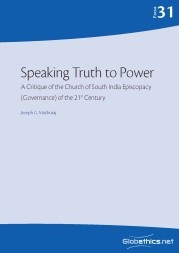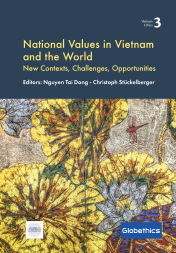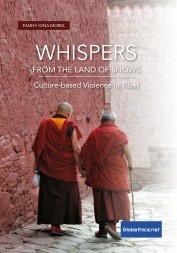Globethics at UNESCO Global Forum: Driving ethical AI
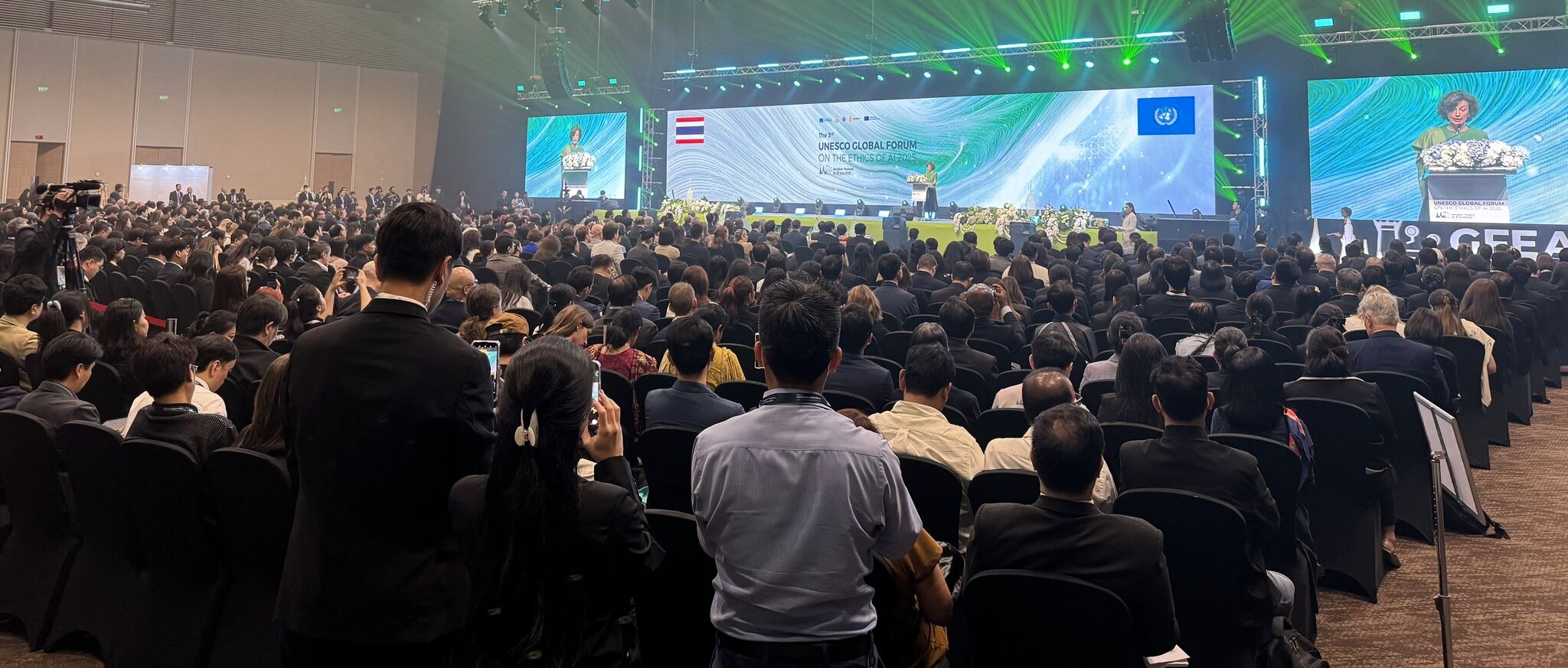
Globethics has reaffirmed its commitment to ethical artificial intelligence by actively participating in the 3rd UNESCO Global Forum on the Ethics of AI, held from 23-27 June in Bangkok, Thailand. The Forum brought together global experts to advance responsible AI governance and safeguard human rights, sustainability, and justice in the rapidly evolving AI landscape.
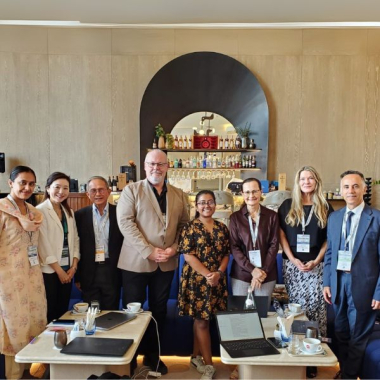
Globethics co-organised the side event Enabling Ethical AI for Present and Future Generations in a Time of Heightened Global Insecurity on 23 June, in collaboration with UNESCO-MOST BRIDGES Coalition, Chulalongkorn University, Thailand Science Research and Innovation, ASU Julie Ann Wrigley Global Futures Laboratory, and the Electronic Transactions Development Agency (ETDA), and 31 other international CSO, think-tank and academic partners.
The event featured speakers from 14 countries, exploring how AI technologies can address pressing global challenges such as climate change, biodiversity loss, digital inequality, and geopolitical instability. Discussions emphasised the urgent need for ethical AI frameworks that prioritise human dignity, democratic values, and ecological sustainability.
Insights from this and a second, linked side event on 24 June directly shaped the newly published outcome statement, Seeding Ethical AI Stewardship for Shared Global Futures. This comprehensive statement offers practical recommendations for policymakers and stakeholders on ethical AI development, governance, and education. It highlights priorities such as:
- Embedding human values and rights in AI systems
- Ensuring AI serves as a public good
- Promoting AI literacy and capacity-building
- Supporting nature-positive and sustainable AI solutions
- Protecting knowledge diversity and Indigenous data sovereignty
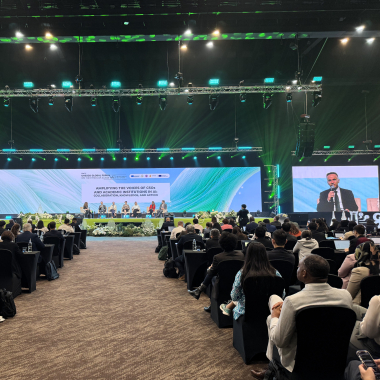
Fadi Daou, Executive Director of Globethics, contributed to the working group that drafted the outcome statement, underlining the crucial role of civil society and academia in shaping global AI ethics standards. He also took part in the launch of the Civil Society and Academic Global Network for AI Ethics, a significant new platform that aims to empower non-state actors to influence the future of AI governance.
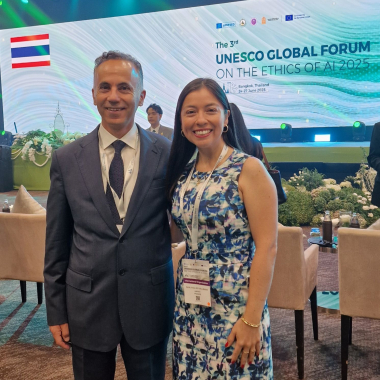
Globethics’ Non-Resident AI Ethics Fellow, Paola Gálvez Callirgos, also played an important role at the Forum as part of the Women for Ethical AI Working Group, collaborating with other leading experts to promote gender equity, diverse perspectives, and inclusive practices in the field of AI ethics.
Globethics continues to lead conversations on AI ethics, sustainability, and global governance. Join us next week at WSIS+20 and AI for Good Global Summit for further dialogue and events focused on building a fair and ethical digital future.


